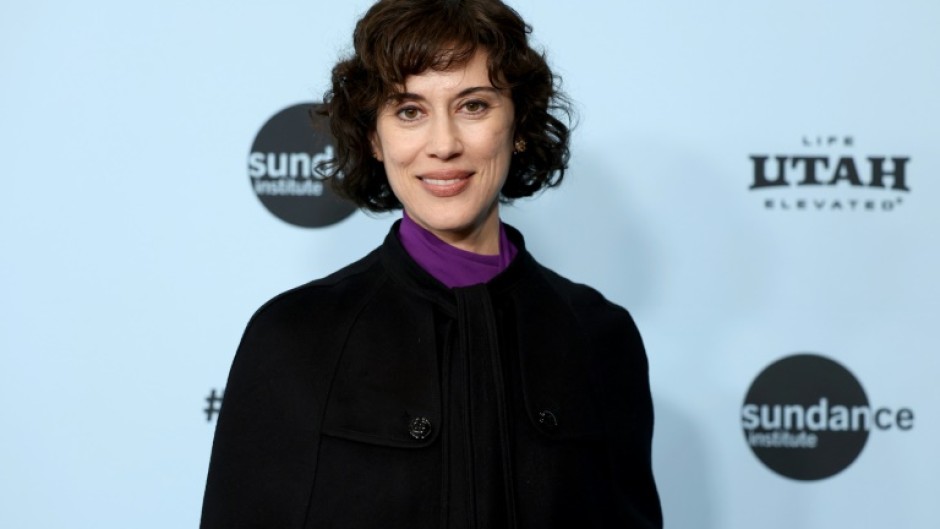PARK CITY - Palestinian-American director Cherien Dabis was in the West Bank, days away from shooting her ambitious and deeply personal drama "All That's Left Of You," when the events of 7 October 2023 forced a radical rethink.
"We were forced to evacuate... It was really devastating to have to leave our Palestinian crew behind," recalled Dabis.
"Everyone was so excited to work on this historic Palestinian film that felt like a milestone."
The film -- one of two Palestinian movies premiering at this year's Sundance festival -- follows three generations of a family who were expelled from coastal Jaffa in 1948, and sent to the West Bank.
Costing between $5-8 million, it is a rare example of a major Palestinian-centered feature film getting a high-profile premiere in the West.
"It's really, really hard to make any film, but it's particularly hard to make a Palestinian film," said Dabis.
"It's hard to raise money for these films... I think people have perhaps been afraid to tell the story."
Both intimate and epic in scope, the film jumps chronologically, from 1948 through the decades to the near-present day.
Dabis herself stars as a mother forced to confront an impossible decision when her son is wounded in 1988 during the first intifada, or uprising.
Many of the stories are based on the real experiences of Dabis and her family.
In one harrowing scene, a father is humiliated at gunpoint by Israeli soldiers in front of his young child, creating a father-son rift that will never heal.
"I saw my dad humiliated at borders and checkpoints," said Dabis, who visited the West Bank frequently as a child.
"He confronted the soldiers, and they started screaming at him, and I was convinced they were going to kill him."
Though the film centres on a single family and is deeply personal in nature, the divisive nature of its subject matter means "All That's Left Of You" is certain to provoke criticism.
Dabis says that the film does not set out to be political, but accepts that the impression is unavoidable.
"We can't tell our stories without having to answer to some political questions," she told AFP.
"We should be able to share our life experiences and tell our personal and family stories and share our points of view without having to contend with blowback.
"So often we do end up fearing it, even before we have told the story."

